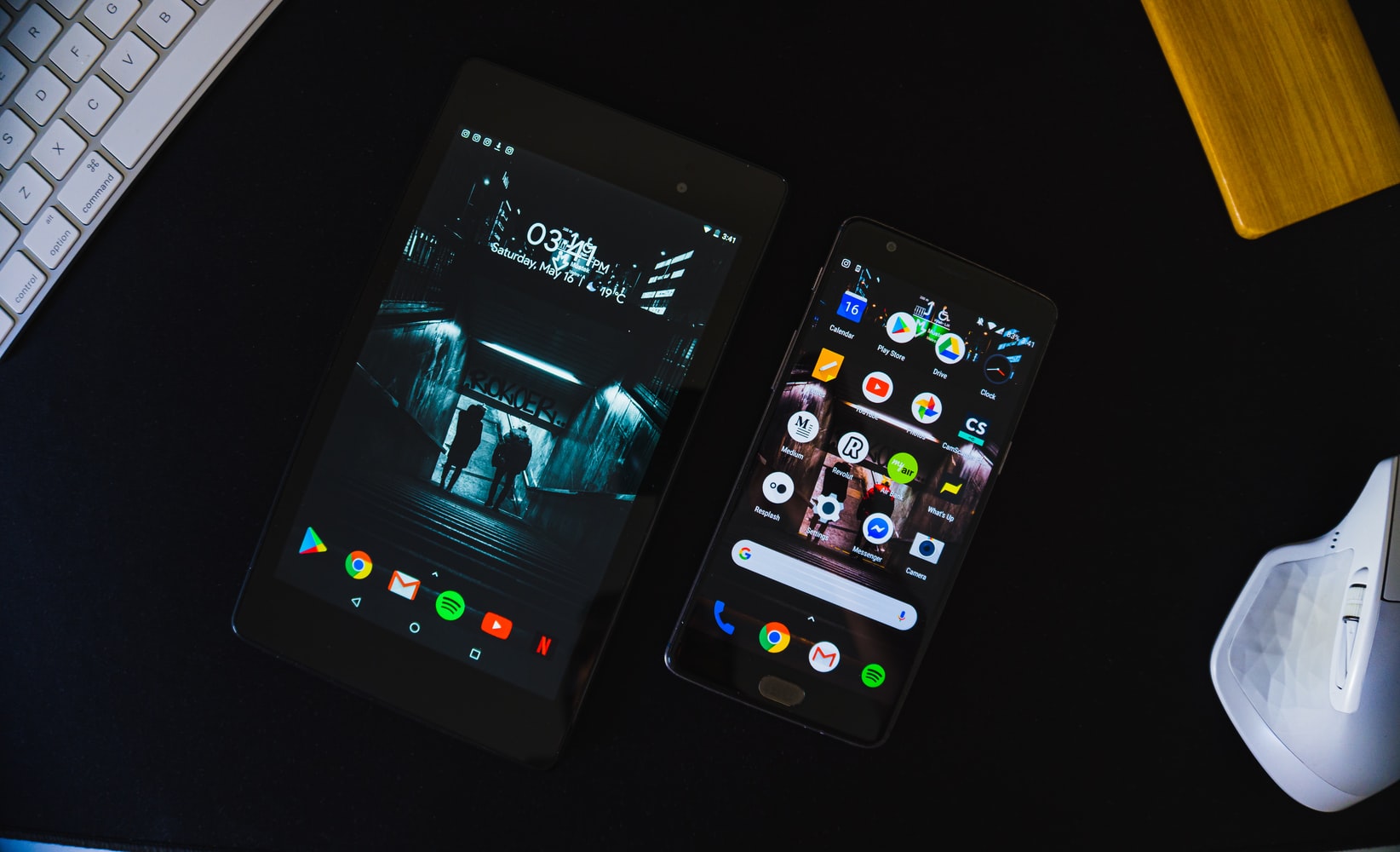How Mobile Health Apps Can Improve Patient Care?
Digital solutions for medical services, including online consultations and different mobile health apps, have made so many different aspects of healthcare far more convenient and have changed the medical industry for the better. Healthcare professionals are always looking for innovative new ways to reshape medical practice and bring value to their patients.

Mobile health apps have been at the forefront of this mission, and in order to better understand their benefits, here are how mobile health apps can improve patient care.
1. Improved Health Data Gathering
When it comes to making accurate diagnostic decisions, healthcare professionals have many factors to take into consideration, but tracking patient records, laboratory results, and medical and drug databases are time-consuming and labor-intensive. Without a systematic procedure in place, it is easy for even the best doctors to get overwhelmed by such a massive world of information.
Fortunately, thanks to the help of mobile health apps, doctors and nurses can gain access to this medical information instantly, and if needed, drug reference guides, medical calculators, clinical guidelines, and other support aids can be provided accordingly. You can find more info online about how this information is used, but essentially, healthcare providers can make more comprehensive, informed, and timely medical decisions based on the resources that they have. With this support on their side, their error rate is reduced while their practice efficiency and knowledge are improved dramatically.
On the patients' side, based on the health data being recorded on a mobile health app, they will have a high level of engagement throughout the self-care process. By understanding early warnings for the detection of health conditions and issues, they will be able to plan their treatment accordingly.
2. Reduced Costs for Both Patients and Hospitals
Virtual healthcare services, such as telemedicine or telehealth, especially when done correctly, can give the industry a much-needed boost in cost-effectiveness; and this is applied to both the service providers and patients. Digital is the way to go nowadays, and these modern services can generate massive numbers in healthcare savings. This amount mostly comes down to the fact that mobile health apps help eliminate unnecessary procedures and lower the risk of getting certain diseases (by giving the users warnings), therefore decreasing hospital readmission rates and reducing the overall cost of care.
3. Enhanced Patient-Doctor Communications
Communication has always been an essential matter in the healthcare industry, but traditional in-person communication procedures have often come up short when it comes to efficiency, leading to miscommunication and poor patient care outcomes. In order to close this communication gap, deliver quality patient care, and reduce medical malpractice, healthcare professionals can take advantage of mobile technology advancements to create a more efficient medical workflow and interact with patients remotely and effortlessly.
With the help of mobile health apps, the communication process between patients and doctors has been strengthened tremendously through many channels, such as text messaging or video calls, allowing patients to have a more active approach to their health management, and resulting in a better patient experience and health outcomes. Providers can also benefit from better communication through the use of virtual consultations or monitoring to improve healthcare quality and patient satisfaction.
4. A Healthier Lifestyle
As more and more people are becoming conscious of the importance of a healthy lifestyle, we have witnessed a meteoric rise in the use of mobile health apps. From smartwatches to fitness trackers, these apps are designed to help people get in shape and follow and maintain a healthy lifestyle. With the ability to keep track of what is going inside our bodies in great detail, users are able to set their own fitness goals and attain a healthy lifestyle of their own. Moreover, this data can also be shared with personal trainers, friends, and doctors to obtain more advice and support, and this is a hugely effective step in promoting a healthier and more balanced way of living.
Mobile health apps tailored to the specific needs and environment of healthcare facilities will drive the next generation of patient care, and looking ahead, these apps can be integrated further into existing clinical treatments. Healthcare facilities are extending and enhancing their technology infrastructures with digital strategies in order to boost revenues and make a name for themselves as leaders in the world of mobile health and patient satisfaction. In the long run, those healthcare providers who adopt these applications will undoubtedly find themselves ready to cope with any new challenges and provide the best care for their patients.